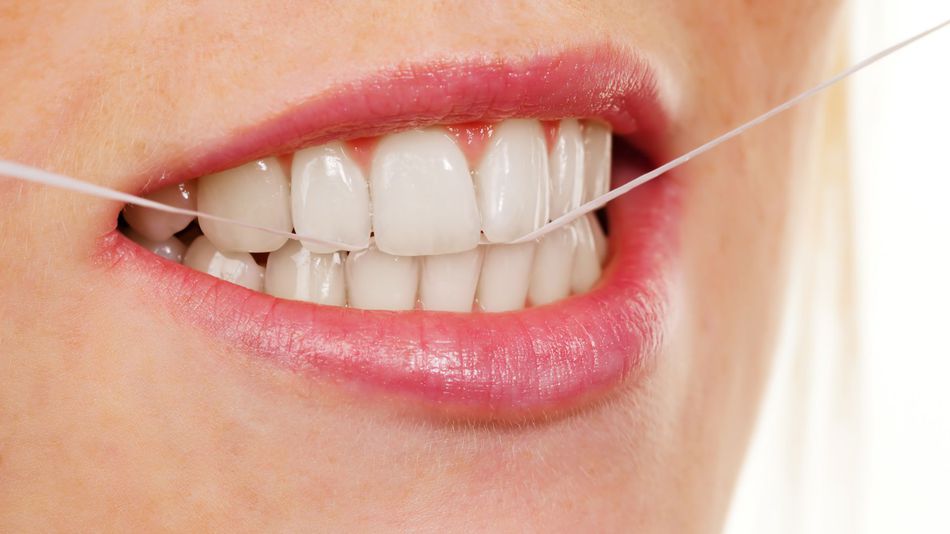Flossing is an oral hygiene practice that some people neglect. However, flossing is a habit you should form as early as possible. It’s not just a complement to your toothbrush routine. Flossing is important to the good health of your teeth, gums and mouth, and should best form part of your regimen.
Dental professionals and health care agencies say that flossing is an important practice in maintaining good dental health. In this article, we give you some useful information to make sure understand further the importance of flossing to your dental health.
What is Flossing?
Flossing is a specialized interdental cleaner. This means that flossing is specifically designed to address any residues lodged between the teeth, as well as in the gap between the base of your teeth and gums. These are areas that can’t be reached by conventional brushing.
Flossing is important because removing these food particles and tartar lessens your chances of getting gum disease, cavities and tooth decay. Without flossing, plaque can build up in these hard to reach areas, which would eventually produce acid and harden – leading to all of those problematic diseases.
So if you want to take care of your teeth and gums, you have to take care of the hard to reach areas as well. And you can only do that with flossing.

Why Brushing Is Not Enough?
Brushing is not enough, which is why it’s important to floss alongside brushing your teeth. The interdental spaces can’t be reached by the bristles of your toothbrush. If you only brush your teeth, without flossing, you will be neglecting surfaces of your teeth. You will be allowing the buildup of harmful plaque.
Antimicrobial mouthwash is also not enough to completely kill off the problem. While mouthwash can kill bad bacteria in your mouth, it can’t physically remove the food particles lodged between your teeth and gums. Only flossing can do that.
How to Get Started with Flossing
To maintain the good health of your teeth and gums, as well as to make sure you’ll always have a good and clean smile, it’s time to commit to flossing. You can use dental floss or a pre-threaded flosser, and use a variety of floss (waxed and unwaxed, thin or thick) depending on your needs.
Have you started flossing? Whether you have started using floss or just about to get started, always make sure to floss the right way. Visit and ask your orthodontist regularly to know what type of floss will work best for your dental condition.
Written by Dr. Darren Wittenberger, is the best orthodontist Columbia MO has to offer, and owner of his own practice, Advance Orthodontics. Dr. Wittenberger enjoys sharing his expertise to ensure people can maintain the healthiest, straightest teeth possible!

